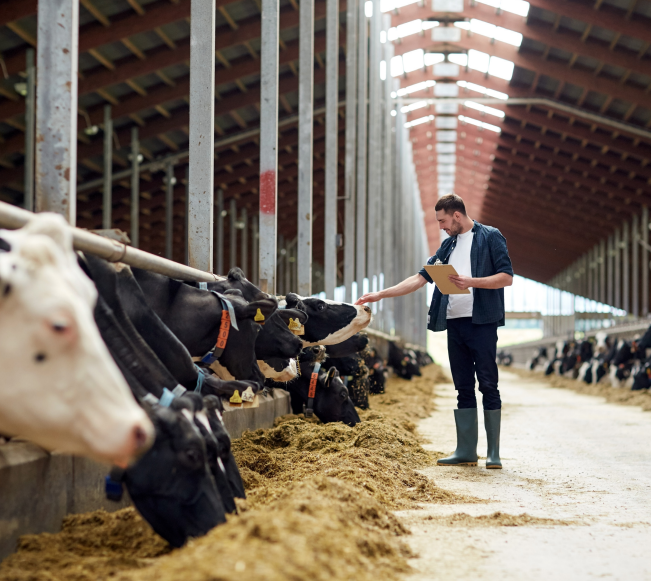Prepared by Environmental Defense Fund and K·Coe Isom.
This report analyzes the budgets of four representative Pennsylvania dairy farms of varying sizes that have each adopted a different suite of conservation practices including nutrient management, conservation till or no-till, cover crops, stream fencing and manure storage. The overriding lesson learned from this analysis is that conservation contributes to the economic well-being and resilience of dairy farms.
The economic value of an effective mix of conservation practices is clearest when viewed across the full farm enterprise budget, with a variety of positive outcomes including reduced costs, improved soil health, improved feed crop resilience and improved dairy herd health.
Equally clear to the economic value of conservation practices is our finding that most farmers need some form of technical or financial assistance to implement the practices that achieve the greatest economic return and environmental benefit. This is especially true in the context of a lean agricultural economy that pressures farmers to focus on short-term business planning, making it difficult to incorporate practices with longer payback times.
Finally, this report identifies current sources of educational, technical and financial assistance available to farmers for increasing conservation adoption and reducing nutrient losses while improving financial returns. Additional recommendations are offered for bringing economically viable conservation solutions to scale, both in Pennsylvania and beyond.

